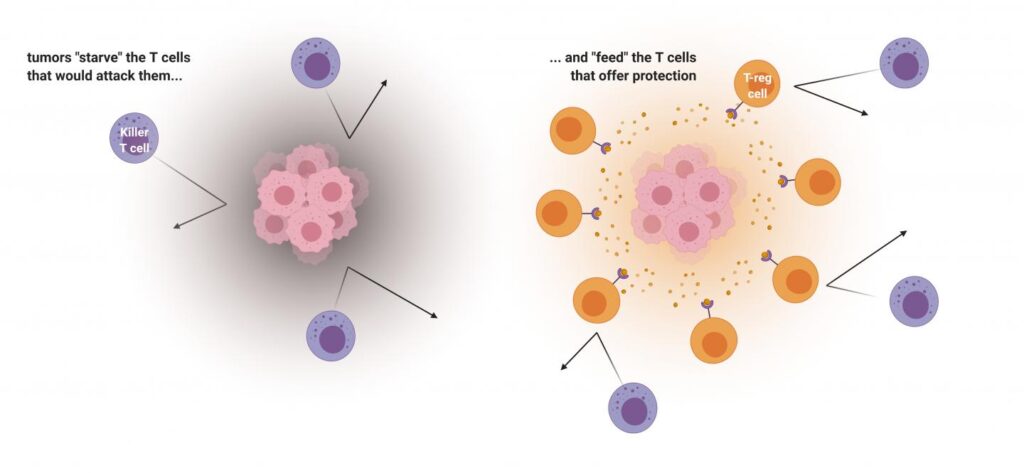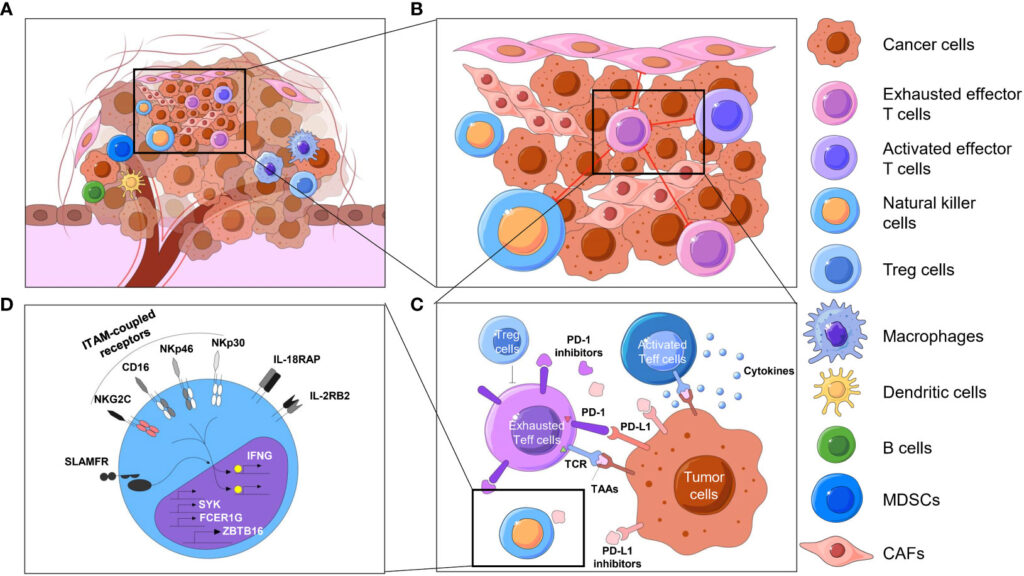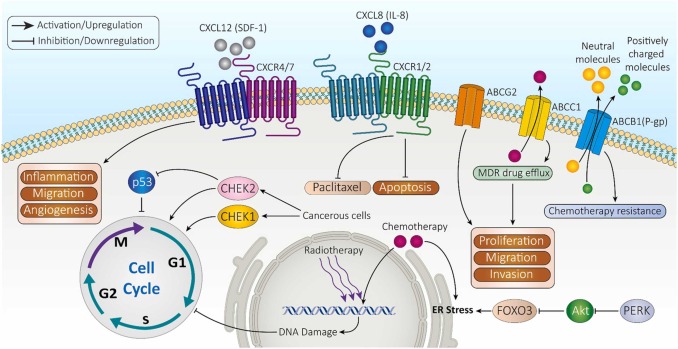Cancer remains one of the leading causes of death worldwide, prompting ongoing research to uncover its underlying mechanisms and develop effective treatments. Among the numerous tools available to cancer researchers, gene expression profiling and pathway enrichment analysis have emerged as powerful methods for understanding tumor biology, identifying therapeutic targets, and improving patient outcomes. This article explores the real-world applications of gene expression profiling in cancer research, highlighting how these techniques are reshaping the landscape of cancer diagnosis and treatment.

Understanding Gene Expression Profiling
Gene expression profiling involves measuring the expression levels of thousands of genes simultaneously to determine which genes are active in a particular cell type or condition. This technique provides a comprehensive view of the molecular landscape of cancer, allowing researchers to assess the functional state of tumors.
Key Techniques in Gene Expression Profiling
- Microarray Analysis: One of the earliest methods used for gene expression profiling, microarrays enable the simultaneous measurement of thousands of genes. Researchers can compare the expression levels of genes between normal and cancerous tissues to identify differentially expressed genes (DEGs).
- RNA Sequencing (RNA-Seq): A more advanced and accurate method, RNA-Seq sequences cDNA derived from RNA samples. It offers a high-resolution view of gene expression, allowing researchers to detect novel transcripts, alternative splicing, and small RNA molecules.
- Single-Cell RNA Sequencing: This cutting-edge technology enables researchers to analyze gene expression at the single-cell level, providing insights into cellular heterogeneity within tumors. This is crucial for understanding how different cell types contribute to cancer progression and treatment resistance.
- Reactome: A curated resource that provides detailed information about biological pathways and molecular processes in humans.

Applications of Gene Expression Profiling in Cancer Research
The integration of gene expression profiling in cancer research has led to significant advancements in cancer research. Below are some key applications of these techniques:
1. Identifying Cancer Subtypes
Different cancers can exhibit diverse genetic and molecular profiles, leading to variations in behavior and treatment response. Gene expression profiling in cancer research allows researchers to classify tumors into distinct subtypes based on their gene expression patterns.
Case Study: Breast Cancer
In breast cancer research, gene expression profiling has been instrumental in identifying subtypes such as Luminal A, Luminal B, HER2-enriched, and Triple-negative breast cancer (TNBC). Each subtype has unique biological characteristics and clinical outcomes. By employing pathway enrichment analysis, researchers can further elucidate the molecular pathways that define each subtype, enabling tailored treatment strategies. For instance, patients with HER2-enriched tumors may benefit from targeted therapies like trastuzumab.
2. Uncovering Molecular Mechanisms of Drug Resistance
Understanding how tumors develop resistance to therapies is a critical area of Gene expression profiling in cancer research can reveal changes in gene expression associated with resistance, while pathway enrichment analysis helps identify the underlying biological pathways involved.
Case Study: Ovarian Cancer
In ovarian cancer, researchers have found that tumors can develop resistance to platinum-based chemotherapy. By comparing gene expression profiles of resistant tumors to sensitive ones, they identified a set of DEGs. Pathway enrichment analysis revealed that pathways related to DNA repair and cell survival were enriched in resistant tumors, suggesting potential therapeutic targets for overcoming resistance.
3. Discovering Novel Biomarkers
Identifying reliable biomarkers for cancer diagnosis and prognosis is essential for improving patient outcomes. Gene expression profiling in cancer research can highlight genes that are differentially expressed in tumors compared to normal tissues, while pathway enrichment analysis can help validate these findings by linking them to biological pathways.
Case Study: Colorectal Cancer
In colorectal cancer, researchers have utilized gene expression profiling to identify a panel of genes associated with disease progression. Pathway enrichment analysis revealed that several of these genes were involved in inflammatory and immune response pathways. This information not only aids in the identification of potential biomarkers for early diagnosis but also suggests that inflammation may play a role in colorectal cancer progression, opening avenues for therapeutic interventions.
4. Enhancing Personalized Medicine
Personalized medicine aims to tailor treatments based on the individual characteristics of each patient’s tumor. By integrating gene expression profiling and pathway enrichment analysis, clinicians can make informed decisions about treatment strategies.
Case Study: Lung Cancer
In lung cancer, comprehensive profiling of gene expression has led to the identification of specific mutations and expression patterns that predict responses to targeted therapies. Pathway enrichment analysis helps clinicians understand the biological basis for these responses, allowing for more accurate treatment selection. For example, patients with EGFR mutations may respond well to EGFR inhibitors, and pathway analysis can confirm the activation of related signaling pathways.
5. Investigating Tumor Microenvironment
The tumor microenvironment plays a crucial role in cancer progression and response to therapy. Gene expression profiling can reveal the composition and activity of immune cells within the tumor microenvironment, while pathway enrichment analysis helps interpret these changes in relation to tumor biology.
Case Study: Melanoma
In melanoma, researchers have used gene expression profiling to analyze the immune landscape of tumors. By comparing immune-related gene expression in tumors with varying levels of infiltration, they identified specific immune pathways that were enriched in tumors with a favorable prognosis. This information can guide the development of immunotherapies and combination strategies to enhance anti-tumor responses.

Future Directions and Challenges
The integration of gene expression profiling and pathway enrichment analysis has the potential to revolutionize cancer research, but several challenges remain. These include:
- Data Standardization: Variability in data generation and analysis can complicate comparisons across studies. Establishing standard protocols is essential for reproducibility.
- Biological Interpretation: While pathway enrichment analysis provides valuable insights, interpreting complex biological interactions and their implications for cancer therapy can be challenging.
- Integration of Multi-Omics Data: Combining gene expression data with other omics data (such as proteomics and metabolomics) can provide a more comprehensive view of tumor biology, but requires advanced analytical tools and expertise.
- Clinical Validation: Identifying clinically relevant biomarkers and therapeutic targets requires rigorous validation in diverse patient populations and clinical settings.
Conclusion
The applications of gene expression profiling and pathway enrichment analysis in cancer research are vast and impactful. From identifying cancer subtypes and understanding drug resistance to discovering novel biomarkers and enhancing personalized medicine, these techniques provide critical insights into the complexities of cancer biology. As research continues to evolve, the integration of these methodologies will play an increasingly vital role in advancing our understanding of cancer and improving patient outcomes.
By leveraging the power of gene expression profiling and pathway enrichment analysis, researchers are unlocking new possibilities for cancer diagnosis, treatment, and prevention, paving the way for a future where cancer care is more precise and effective.
If you want to explore more about applications of Gene Expression Profiling and Pathway Enrichment Analysis you can join us Online for an exciting 2 Day Workshop. More information is available HERE
